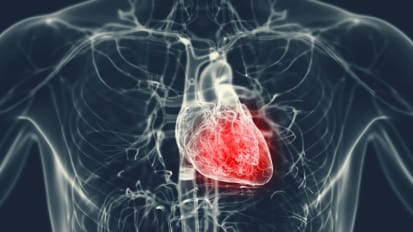-

-
Specialties
-
-
Cancer
-
Cardiology, Heart & Vascular Surgery
-
Dermatology
-
Endocrinology & Endocrine Surgery
-
Fetal Treatment
-
Gastroenterology
-
Infectious Disease
-
Neurology
-
Neurosurgery
-
Ophthalmology
Organ Transplant
-
Orthopedics
-
Otolaryngology – Head and Neck Surgery
-
Pediatrics
-
Pulmonology
-
Radiology
-
Spine
-
Surgery
-
Urology
-
Women's Health
-
-
- About Us
- Refer a Patient
-
Clinical Trials
-

 The UCSF Heart & Vascular Center brings together cardiologists, cardiac and vascular surgeons, interventional radiologists and other specialists to provide the most advanced and effective treatments, many of them developed right here at UCSF. We are tackling heart and vascular disease from several fronts — from prevention and screening to the newest treatments in cardiology and vascular surgery.
The UCSF Heart & Vascular Center brings together cardiologists, cardiac and vascular surgeons, interventional radiologists and other specialists to provide the most advanced and effective treatments, many of them developed right here at UCSF. We are tackling heart and vascular disease from several fronts — from prevention and screening to the newest treatments in cardiology and vascular surgery.









